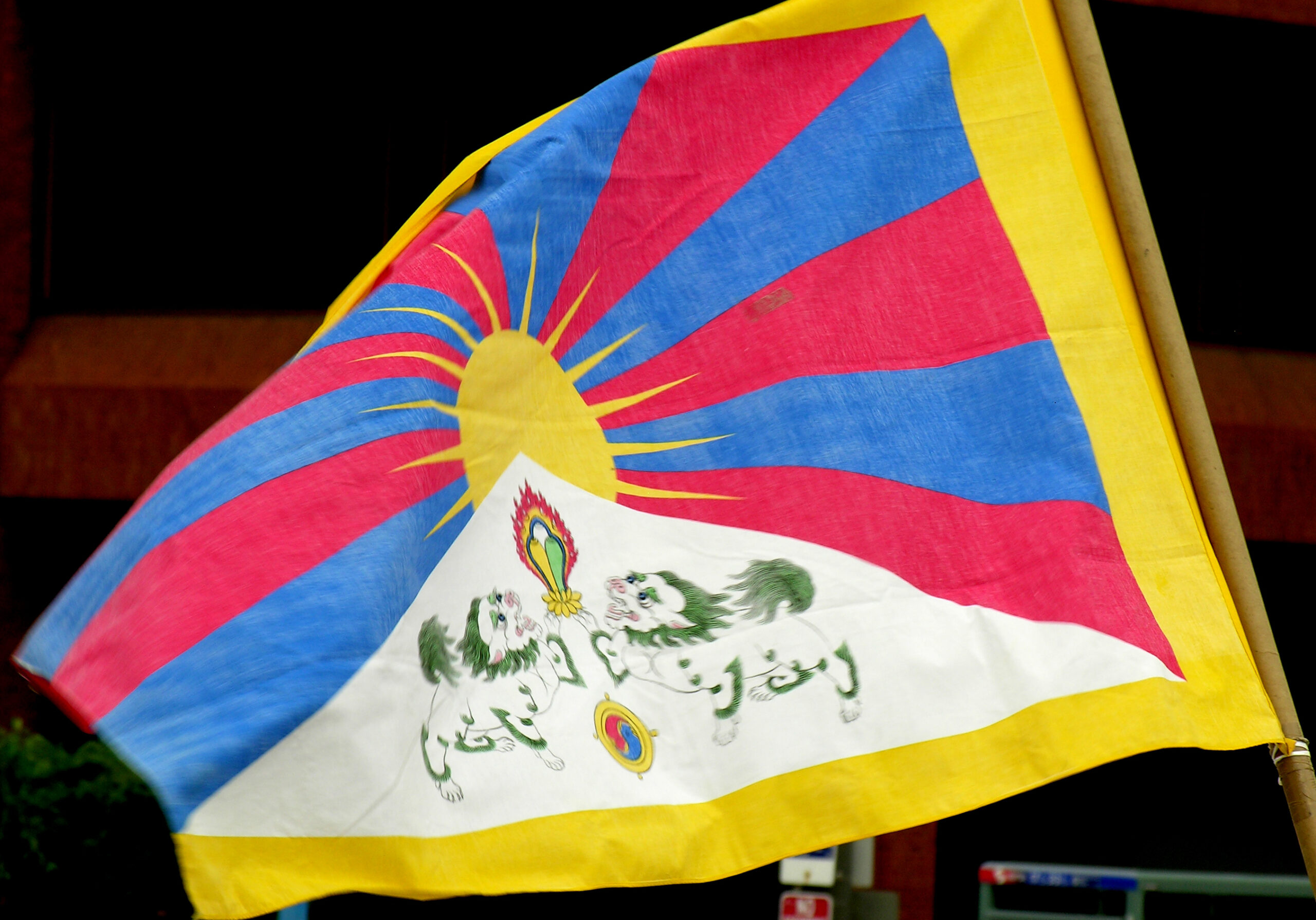The ICJ today called on the Chinese government to permit the Tibetan people to demonstrate peacefully and called for an international investigation into serious allegations of human rights violations.
“The Tibetan people have a right to express in public and private their views about the situation in Tibet. Anyone arrested solely for peacefully protesting or expressing his or her views should be considered to have been arbirarily detained. The sustained clamp down over many years on political dissent in Tibet has only fueled the tension and helped lead to the recent explosion of anger and frustration. If the Chinese Government allowed the Tibetans an opportunity to express their views, including through public demonstrations, this could help to difuse a tense political situation,” said the ICJ.
The ICJ expressed its concern about the fate of those that have been or may be arrested and urged the Government to treat all detainees according to internationally established standards, including by ensuring that they are not subject to torture or ill-treatment and that they have access to their families and others from the outside world. Anyone arrested on suspicion of committing violence, such as violence against Chinese civilians, should be charged with a recognisable criminal offence and tried fairly, or released.
The ICJ also called for a prompt and independent international investigation into allegations of human rights violations in the context of recent demonstrations. “The Government is seeking to seal Tibet off from the world, and there is considerable confusion about the truth surrounding recent events. It is essential that human rights experts be allowed to investigate the situation, including allegations that peaceful protestors have been killed and that other excessive force has been used by the security forces, and that protestors have been arbitrarily arrested and detained. It is in everyone’s interest to swiftly clarify exactly what is happening in Tibet now” said the ICJ.
This investigation could include a role for existing human rights experts of the United Nations Human Rights Council, such as the Special Rapporteur on Extrajudicial, Summary or Arbitrary Executions, the Working Group on Arbitrary Detention and the Special Rapporteur on the Right to Freedom of Expression.
The ICJ has been documenting the human rights situation in Tibet since 1959. Ten years ago in an exhaustive study “Tibet: Human Rights and the Rule of Law,” (1997) the ICJ concluded that the Tibetan people have a right to self-determination and that a referendum of the Tibetan people to determine the future status of the region would significantly contribute to resolving the political conflict in Tibet.
China-ICJ urges Chinese Government to Permit Peaceful Protest in Tibet-Press releases-2008 (full text, PDF)




